Enzymes questioned in whole-grain diets for broilers
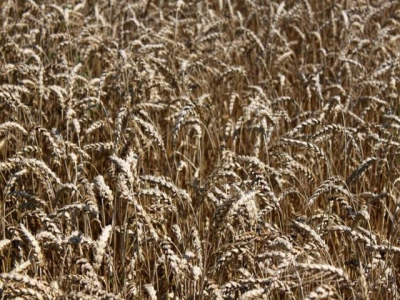
Photo by Andrea Gantz
Nutritionists are still uncertain how much variation exists and what affects it.
Feeding whole grains to broilers, especially wheat, remains a topic of interest among producers and nutritionists, worldwide, for obvious financial reasons. Nevertheless, there is considerable hesitation as nutritionists cannot easily calibrate the inherent imbalance in consumption between grain and the necessary supplement — or, in other words, we are still uncertain how much variation exists and what affects it. As is, many producers are willing to give it a try, and many have succeeded and continue with this practice.
A frequent question I receive from such avant-garde producers and their nutritionists is about the use of enzymes when cereals are being fed whole. Matters can be complicated when not all of the cereal allotment is fed as whole, but a part is included ground in the supplement.
The first question that we need to have a clear answer about is whether enzymes continue to work (at all) when cereals are fed whole. And this does not only include the usual suspects, such as NSP enzymes (xylanases and beta-glucanases), but also phytase and even the newer ones like proteases and cellulases. The thinking is that the whole cereals are likely to be consumed at different times than the supplement, and if there is not sufficient mixing between the two in the gut, then why use an expensive additive?
The second question is whether the recommended dosage that was obviously established using ground cereals in trials can be sufficient when cereals are being fed whole. Do we need to increase, decrease or partially allot enough enzymes for the ground cereal part?
Perhaps to those with great experience in the practice of whole-cereal feeding and those who work with enzymes, such questions appear naïve and the answers are obvious, but I will disagree on many fronts with such a notion.
I invite the experts to offer their knowledge to the benefit of us all.
Related news
Tools

Phối trộn thức ăn chăn nuôi

Pha dung dịch thủy canh

Định mức cho tôm ăn

Phối trộn phân bón NPK

Xác định tỷ lệ tôm sống

Chuyển đổi đơn vị phân bón

Xác định công suất sục khí

Chuyển đổi đơn vị tôm

Tính diện tích nhà kính

Tính thể tích ao

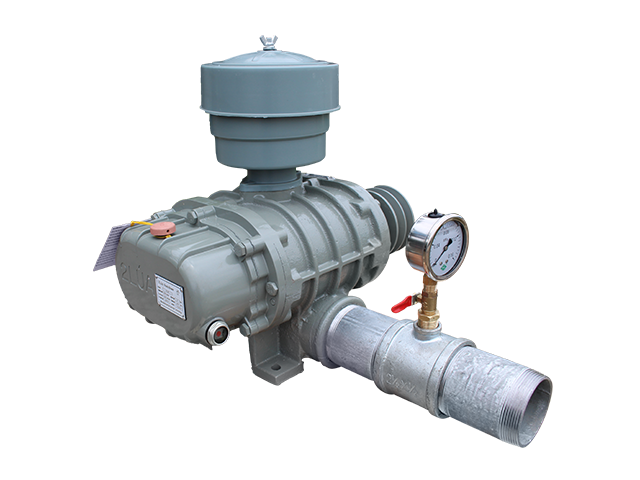

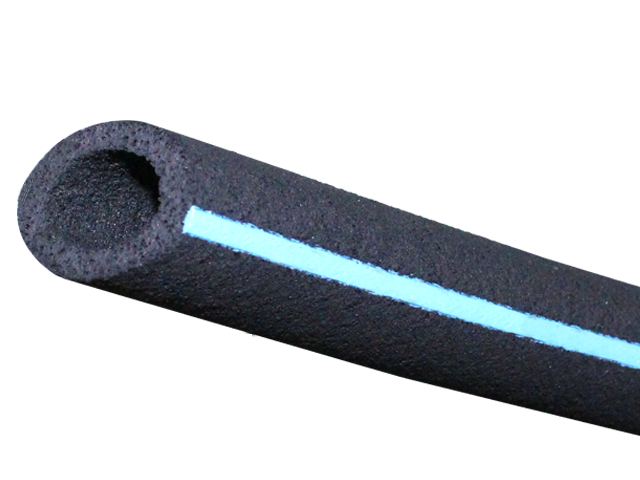
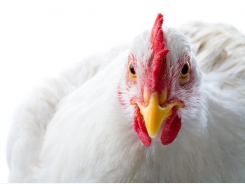
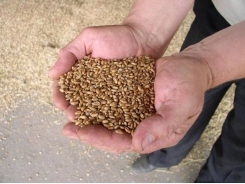

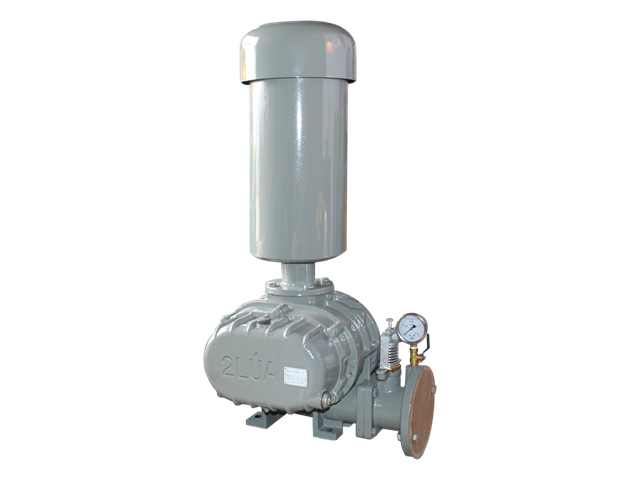
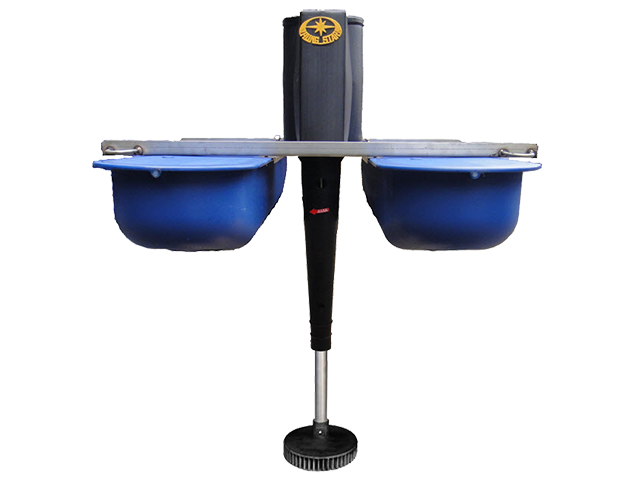
 3 feed tips for managing…
3 feed tips for managing…  Improve broiler feed efficiency with…
Improve broiler feed efficiency with…